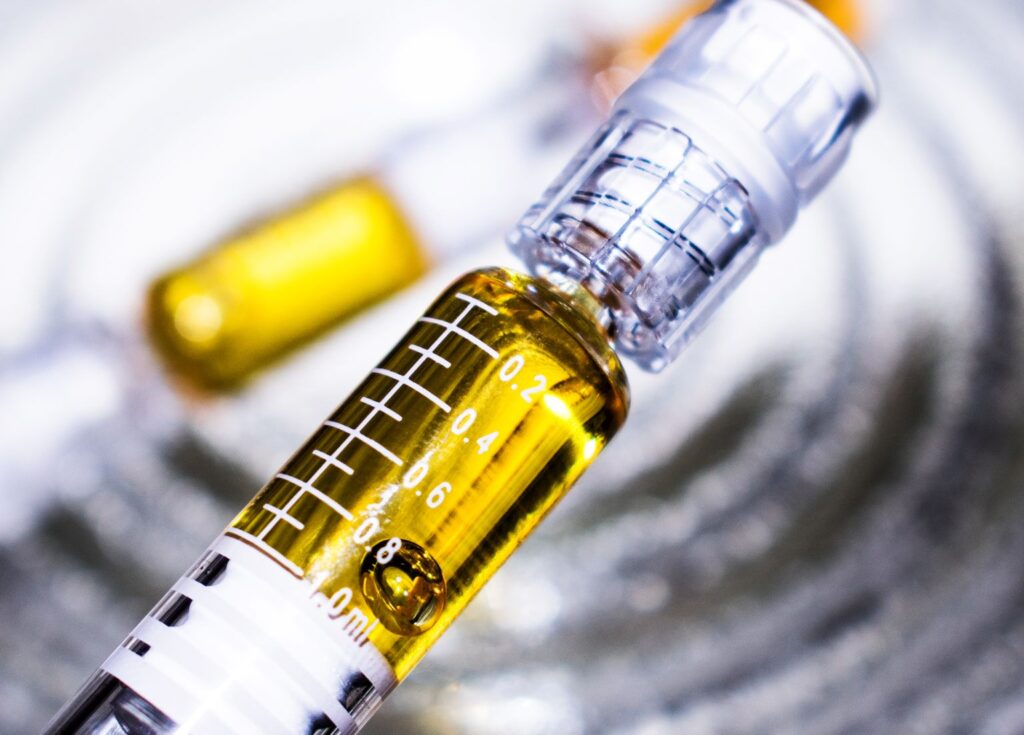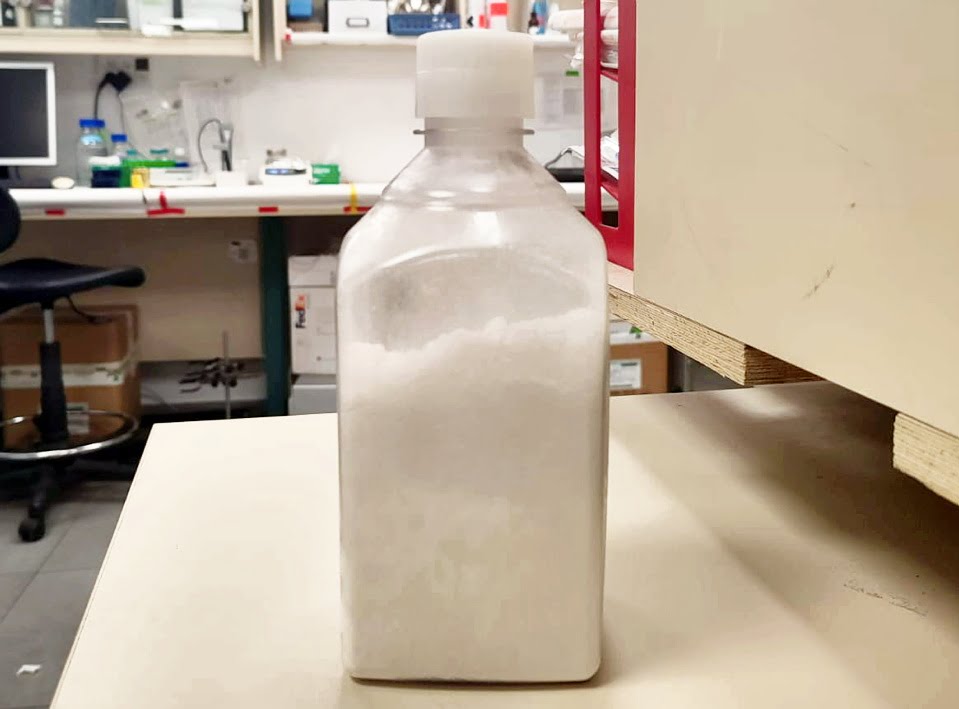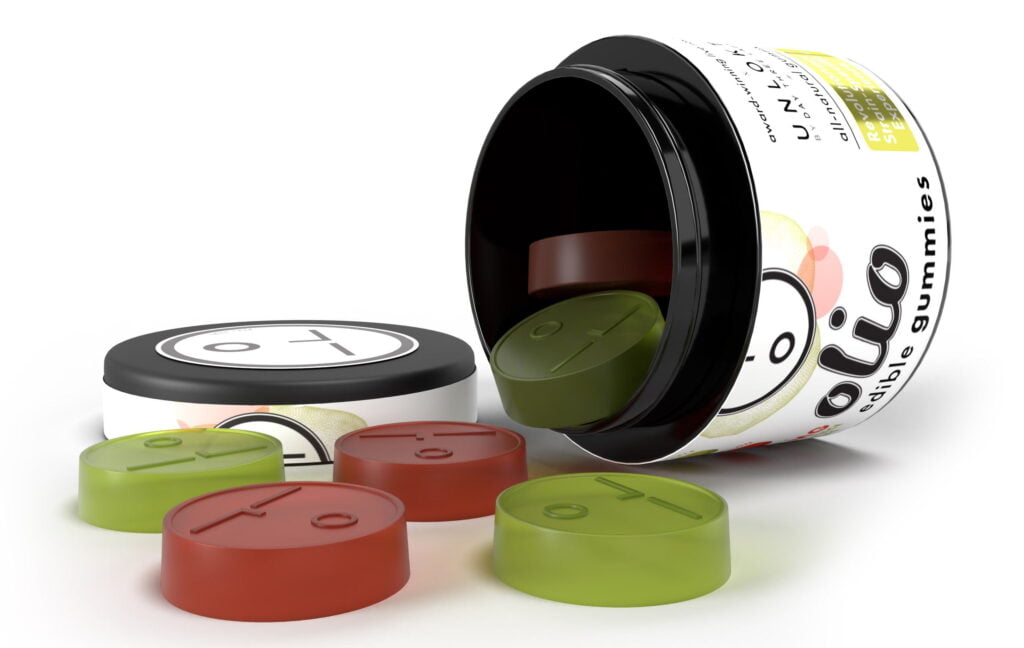More and more patients are being prescribed cannabis to ease chronic pain and other problems. And more and more people are consuming weed recreationally in “edibles” rather than smoking it.
Both groups face the same problem. The human body struggles to absorb cannabis because it isn’t water-soluble.

Researchers in Israel have found a way around the problem. They trick the body into thinking the cannabis is food – by binding it to protein.
So instead of waiting up to two hours, people using cannabis in its edible forms will feel the effects in just 15 minutes.
That will make a huge difference both to those craving relief from a painful condition, and those who simply want to get high quicker (where legal).

“What we’ve created is a natural protein carrier that ‘Ubers’ the cannabis through your system,” says Rafi Cohen, Chief Business Officer at Day Three Labs (DTL), the company that has developed the technology.
“So it bypasses your digestive tract naturally because your body thinks it is absorbing and digesting protein.”
It draws inspiration from the way we digest food, and says it’s the first in the world to successfully bind protein to cannabis.

It took six years to develop the patented technology – called Unlokt because it unlocks the body’s ability to digest cannabis – at the company’s pharmaceutical research lab in Yeruham, southern Israel (the company itself is headquartered in Denver, Colorado, USA, where cannabis is legal).
It turns whey protein or chickpea protein into tiny, nano-sponges that bind themselves to the THC (the psychoactive ingredient) or other cannabinoids (cannabis compounds that affect our body and our brain). They become water-soluble as a result, and far easier for the body to digest.

Day Three Labs – which takes its names from the creation of plants on the third day (Genesis 1.11) – says its breakthrough technology is already being used for recreational products.
Rolling it out for medical use, which will target a variety of chronic illnesses, will take longer because of the R&D involved in developing specialized formulations for each condition.
The company can create enough protein to be used in thousands of products every day. The proteins are used by manufacturers for any kind of edible, like candy, tablets, and beverages.
There are 700 strains of cannabis, and each one produces slightly different effects – like increasing energy, inducing a state of euphoria, or easing symptoms of neurological conditions like epilepsy.

Regular edibles can’t produce these effects, and generally cause users to experience a state of ‘couch lock’, or intense sedation.
But those who consume edibles infused with DTL’s Unlokt technology can actually experience the effects of the particular strain they’ve ingested, the company says.
“For a cannabis user this can be very important if they want to have a particular experience in the morning or afternoon, or if they’re using a specific strain for their shoulder pain, Parkinson’s or nausea,” says Cohen.
Sign up for our free weekly newsletter
Subscribe
“We give our protein-based ingredients to the cannabis manufacturer, and they do with it what they do.”
DTL’s proteins are already being used by several US companies, in the cannabis-legal states of Colorado and California to develop gummies.
And in North Carolina, a company is using them to develop tongue strips, dissolvable tablets, gummies, sprays, and more.
Beyond that, DTL is working to find the perfect cannabinoid formulations for patients suffering from a variety of chronic disorders.

Its first drug development program was aimed at those struggling with insomnia and other sleep disorders, and after three years of R&D, products infused with the protein and cannabinoid formulations are just about set to hit US shelves.
Dr. Shimon Lecht, Chief Innovation Officer, says: “In our vision, we see cannabis as a rich source of active ingredients that we need to understand and develop into real therapies.
“Our aim as drug developers is to not only help people get as high as possible – but to actually help people.”
Most recently, DTL has embarked on a drug development program to find the perfect formulation for Parkinson’s Disease.
“For the last 30 years, there has been nothing out there to really help them,” he says.

“We are able to isolate the different cannabinoids and create a proper formulation that is tailored to Parkinson’s, or sleep disorders, or other medical needs, and combine it with our delivery system, which is our technological innovation,” says Cohen.
“These patients won’t need to smoke and stay at home because they’re high all day. And there are no side effects because it’s an all-natural medicine.”
Day Three Labs is also partnered with CanNegev, a government-backed technological incubator to support entrepreneurs and startups in the south of the country. They hire individuals with higher education in the Negev to help them with their research.
Related posts

Israeli Medical Technologies That Could Change The World

Harnessing Our Own Bodies For Side Effect-Free Weight Loss

Missing Protein Could Unlock Treatment For Aggressive Lung Cancer




Facebook comments